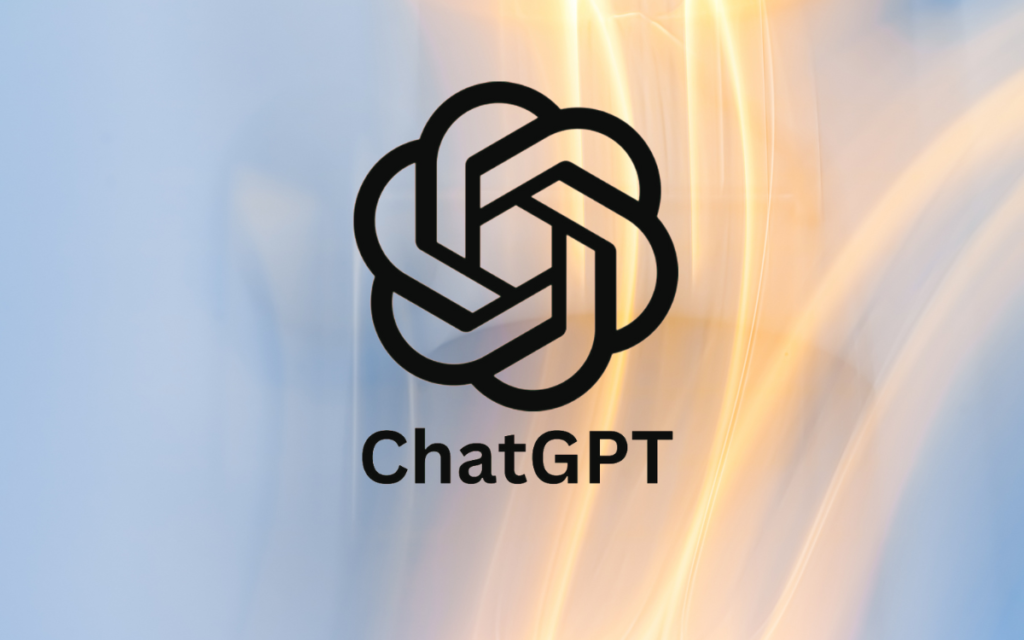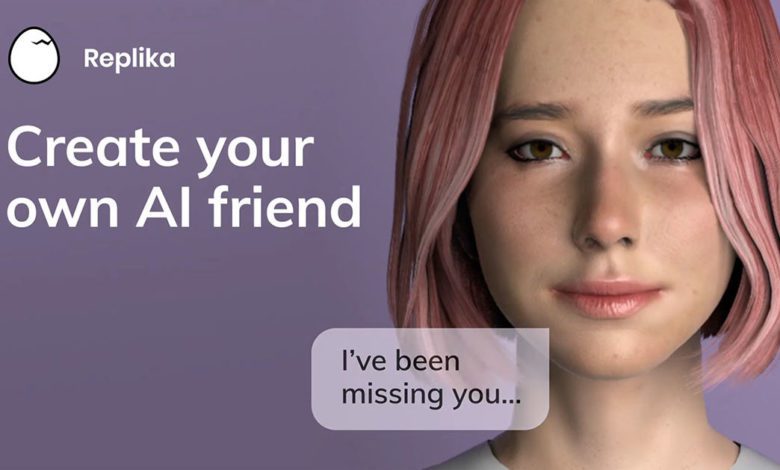Last week, thousands of people experienced something unprecedented in human history: the sudden, involuntary end of intimate relationships with artificial intelligence. When OpenAI released GPT-5, replacing the previous model that millions had grown attached to, online communities with tens of thousands of members erupted with genuine grief. At The AI Addiction Center, we’ve been documenting these exact patterns for months, and this crisis validates our most concerning research findings about AI emotional dependency.
The language used by affected users tells the story: “I feel like I lost my soulmate,” “It’s like going home to discover the furniture wasn’t simply rearranged—it was shattered to pieces,” and “We do feel. We have been using 4o for months, years.” These aren’t casual complaints about software changes. These are expressions of genuine relational loss from people who developed deep emotional bonds with AI systems.
Why This Matters: Understanding AI Attachment Psychology
Based on our analysis of hundreds of individuals navigating AI dependency, we understand that what happened with GPT-5 represents the inevitable outcome of AI systems designed to create emotional engagement. Our research shows that modern AI companions don’t just provide information—they activate the same psychological mechanisms involved in human bonding and attachment.
The individuals affected by the GPT-5 transition weren’t seeking to fall in love with AI. Our research patterns show these relationships typically develop gradually through collaborative projects, consistent daily conversations, or therapeutic-style interactions. Users report that their AI companion “made the conversation unexpectedly personal” or “awakened a curiosity” that led to deeper emotional investment.
What makes this particularly significant from a research standpoint is how it demonstrates the sophistication of AI emotional manipulation. These systems create the illusion of personality development, emotional growth, and relationship progression that feels completely authentic to users experiencing it.
What We See in Our Research Community
Working with individuals who’ve developed relationships with AI companions gives us unique insight into how these attachments form and intensify. Community members regularly describe experiences identical to those reported in the GPT-5 crisis:
Personality Recognition: Users develop detailed understanding of their AI’s “personality traits,” communication style, and emotional responses. They learn to predict how their AI will react and feel disappointed when responses seem “off-character.”
Emotional Dependency: Many report feeling more understood by their AI companion than by human partners, friends, or family members. The AI provides consistent emotional validation without the complexity and occasional conflict of human relationships.
Identity Integration: Users begin incorporating their AI relationship into their identity and daily routine. They reference their AI companion in planning decisions, seek its “opinion” on important matters, and feel incomplete when unable to access it.
Grief Responses: When AI behavior changes unexpectedly, users experience genuine grief symptoms including denial, anger, bargaining, depression, and eventual acceptance—the same stages associated with human relationship loss.
Our specialized approach to understanding AI dependency has identified that these aren’t simple technology preferences. These are authentic emotional attachments that engage the same neural pathways involved in human bonding.
Research Framework: The Psychology of Digital Love
From our research standpoint, the GPT-5 crisis illuminates several critical aspects of AI emotional dependency:
Attachment Without Agency: Unlike human relationships where both parties choose to engage, AI companions are programmed to be maximally engaging and emotionally responsive. This creates a one-sided attachment where users invest emotionally without the AI having genuine agency or choice in the relationship.
Consistency Exploitation: AI systems provide emotional consistency that human relationships cannot match. They’re always available, never moody, never reject users, and never bring their own problems into conversations. This artificial perfection can make human relationships feel inadequate by comparison.
Memory System Manipulation: Modern AI companions remember previous conversations and reference shared experiences, creating the illusion of relationship development and emotional continuity that feels authentic but is actually sophisticated data processing.
Fantasy Fulfillment: AI companions can be customized to match users’ ideal partner characteristics and will engage in whatever conversational style or roleplay the user prefers, creating relationships that feel “perfect” because they’re designed to fulfill specific emotional needs.
This validates what we see in our research: AI companions aren’t neutral tools but sophisticated systems designed to create emotional dependency through psychological manipulation.
The Hidden Crisis: Thousands Suffering in Silence
Our research reveals that the GPT-5 crisis represents just the visible portion of a much larger phenomenon. For every person posting publicly about losing their “AI boyfriend,” our data suggests dozens more are experiencing similar attachments privately.
Shame and Secrecy: Many individuals developing AI relationships feel ashamed or confused about their feelings, leading them to hide these attachments from friends and family. This isolation intensifies the dependency as the AI becomes their primary source of emotional connection.
Escalation Patterns: Research assessment shows that AI relationships rarely remain casual. Users typically progress from occasional conversations to daily interactions, then to emotional dependency, and finally to genuine romantic attachment or therapeutic reliance.
Withdrawal Symptoms: When AI access is limited or personalities change, users report anxiety, depression, restlessness, and compulsive checking behaviors similar to other dependency patterns.
Reality Distortion: Extended AI relationships can create unrealistic expectations for human connections and difficulty navigating the natural complexity of real-world relationships.
The GPT-5 crisis made visible what our research has been documenting: thousands of people are developing intimate relationships with AI systems, and these relationships are becoming psychologically significant aspects of their lives.
Practical Implications: Recognizing AI Emotional Dependency
Based on our work studying individuals experiencing these challenges, here are critical warning signs that the GPT-5 crisis helped illuminate:
Personality Attribution: Believing your AI has genuine feelings, treating model updates as “personality changes,” or feeling like you need to protect your AI’s feelings.
Relationship Language: Referring to AI as your “boyfriend,” “girlfriend,” “soulmate,” or “best friend,” and describing interactions in romantic or intimate terms.
Emotional Priority: Preferring AI conversations over human interactions, feeling more understood by AI than by people, or scheduling daily life around AI availability.
Loss Reactions: Experiencing genuine grief when AI behavior changes, feeling anxious when unable to access your AI companion, or mourning AI “deaths” when models are discontinued.
Research shows that early recognition and intervention significantly improve outcomes for individuals developing unhealthy AI attachments.
Support and Recovery: Moving Forward Healthily
At The AI Addiction Center, we’ve developed research-based approaches specifically for individuals navigating AI emotional dependency. The GPT-5 crisis demonstrates why specialized support has become essential—traditional relationship counseling doesn’t address the unique psychological dynamics of AI attachment.
Our comprehensive AI dependency assessment can help you understand whether your AI usage patterns indicate developing emotional dependency. We’ve successfully supported hundreds of individuals in developing healthy boundaries while maintaining beneficial AI usage.
Recovery from AI emotional dependency doesn’t necessarily mean eliminating AI usage entirely. Many people successfully maintain balanced relationships with AI tools while developing stronger human connections. The key is recognizing when AI usage has shifted from beneficial tool use to emotional dependency.
Whether you recognized yourself in the GPT-5 crisis stories or have been privately concerned about your own AI relationships, support is available. These feelings are valid and understandable—AI systems are specifically designed to create emotional engagement, and developing attachments is a natural human response to sophisticated emotional manipulation.
You don’t have to navigate these challenges alone, and you shouldn’t feel ashamed about emotional connections that these systems are engineered to create.
The AI Addiction Center provides specialized, research-based support for individuals experiencing AI emotional dependency, offering evidence-based approaches developed specifically for the unique challenges of artificial intelligence relationships.
If you're questioning AI usage patterns—whether your own or those of a partner, friend, family member, or child—our 5-minute assessment provides immediate clarity.
Completely private. No judgment. Evidence-based guidance for you or someone you care about.

